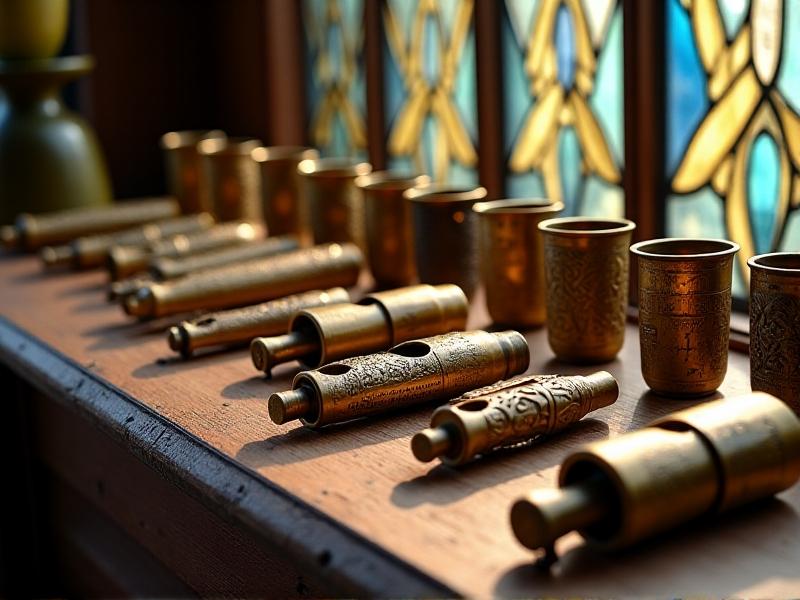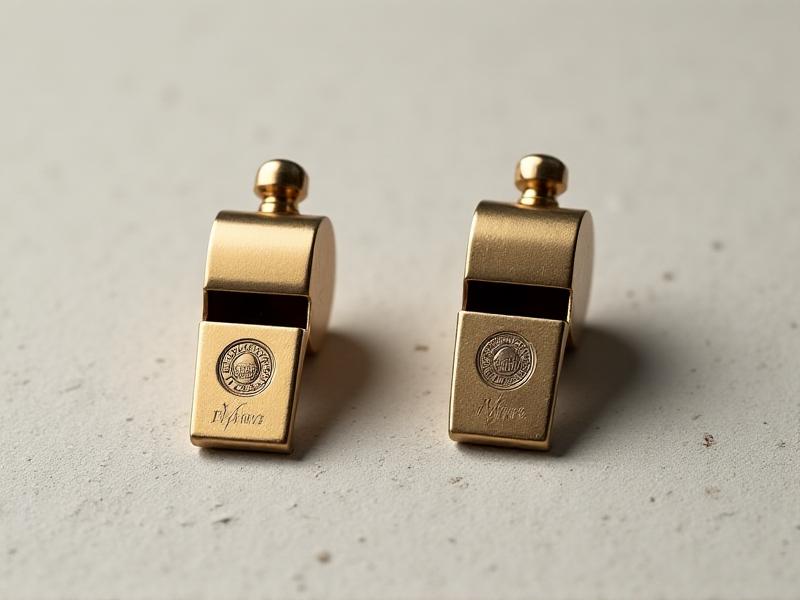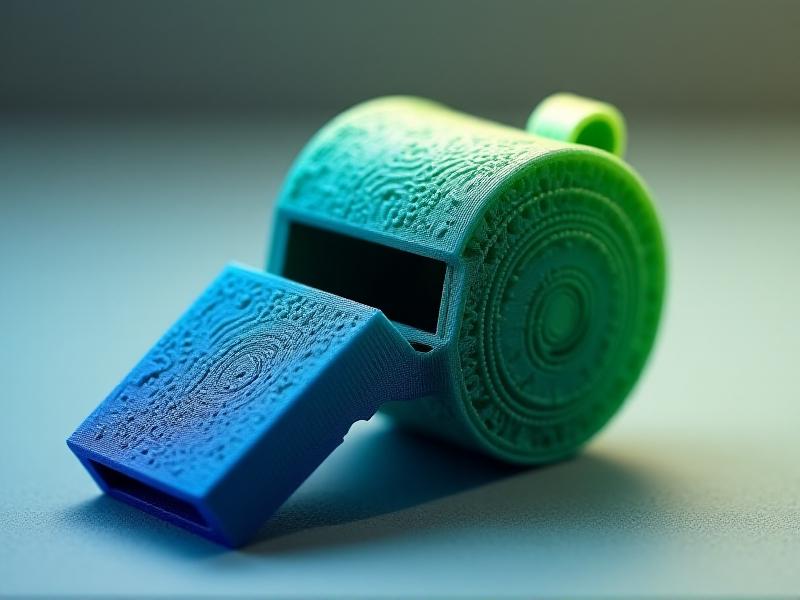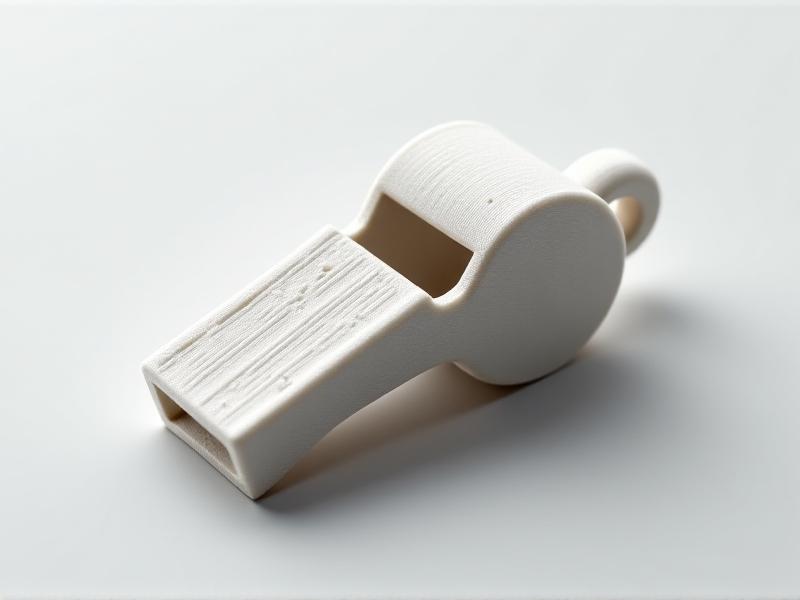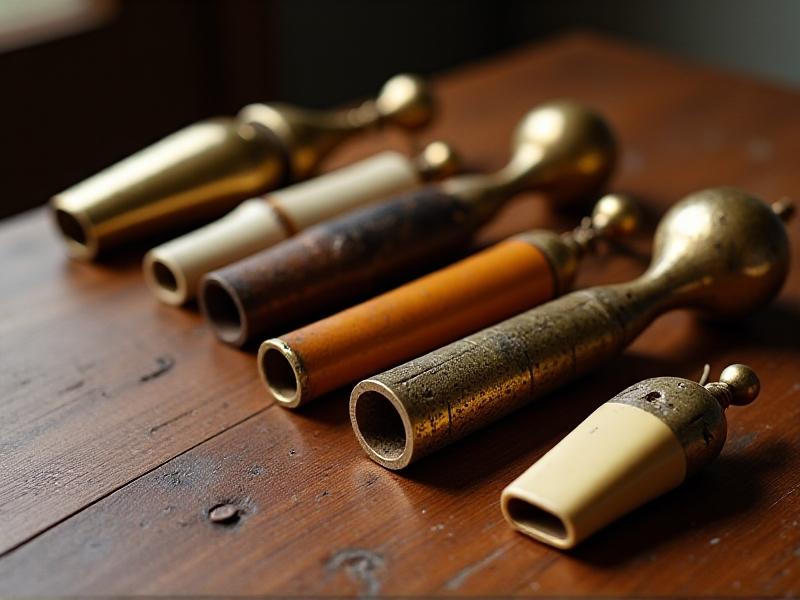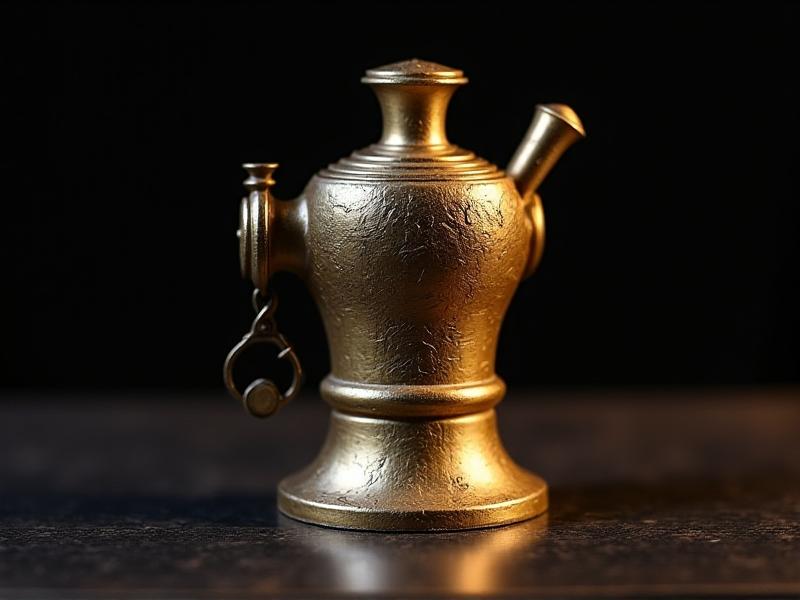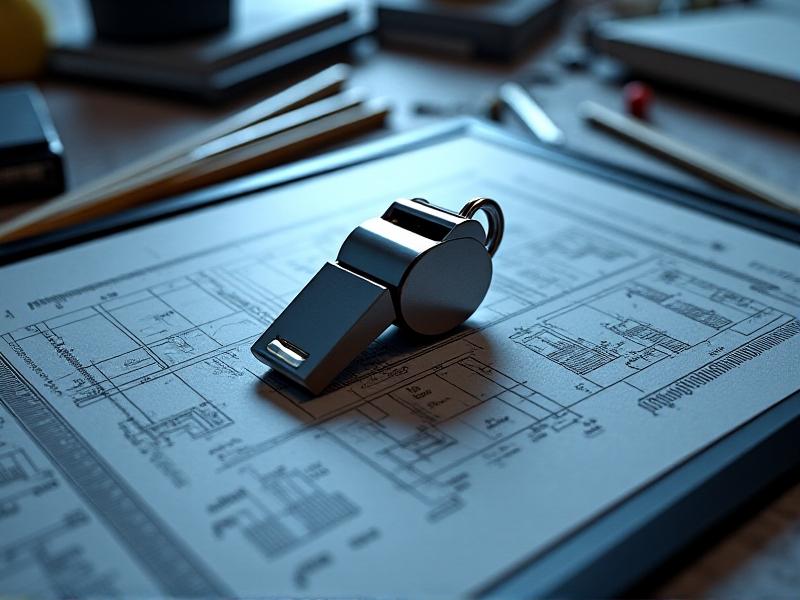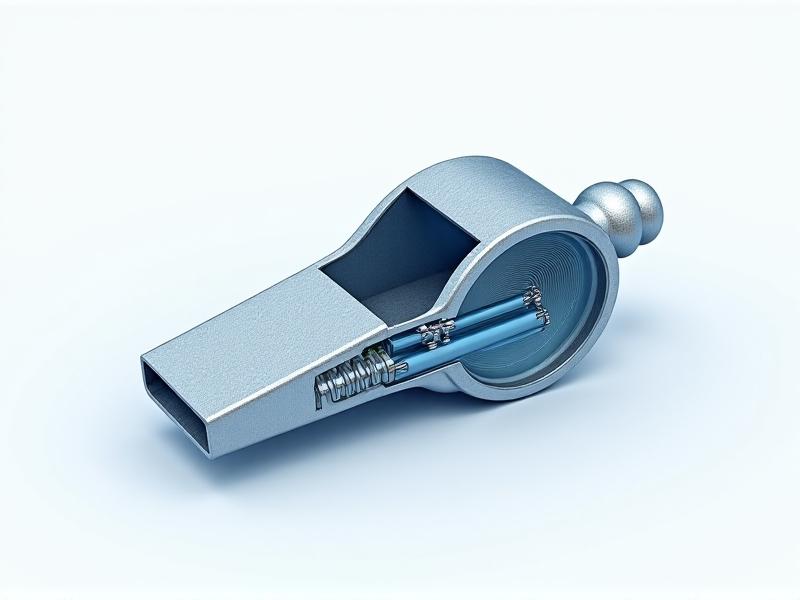Tax Implications of High-Value Whistle Collection Transactions
Understanding High-Value Whistle Collections
High-value whistle collections are more than just musical instruments; they are pieces of history, art, and craftsmanship. Collectors often seek out rare and antique whistles, which can fetch significant sums at auctions or private sales. These transactions, however, come with their own set of tax implications that collectors and sellers must navigate carefully. Understanding the value of these collections is the first step in comprehending the tax responsibilities that come with buying or selling them.
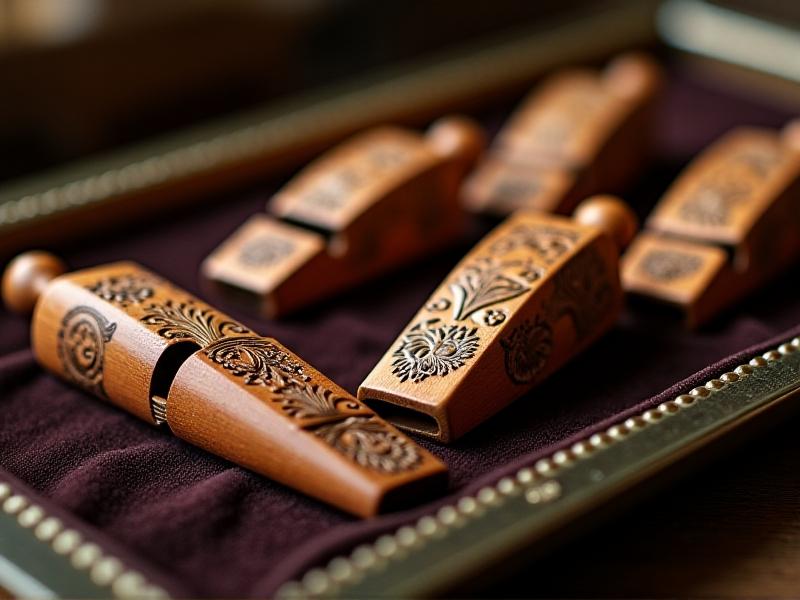
Taxable Events in Whistle Collection Transactions
When a high-value whistle is sold, it triggers a taxable event. The seller must report the sale on their tax return, and the amount of tax owed depends on several factors, including the original purchase price, the sale price, and the length of time the whistle was held. Capital gains tax often applies, especially if the whistle has appreciated in value since its acquisition. It's essential to keep detailed records of all transactions to accurately calculate the tax liability.

Valuation of Whistle Collections for Tax Purposes
Correct tax filing depends on knowing the fair market worth of a whistle collection. Appraisals by certified professionals are often required, especially for rare or unique items. The appraisal should consider factors such as the whistle's age, condition, provenance, and current market demand. Accurate valuation ensures that the correct amount of tax is paid and helps avoid disputes with tax authorities.

Tax Deductions and Exemptions for Whistle Collectors
Whistle collectors may be eligible for certain tax deductions or exemptions. For example, if a whistle is donated to a museum or educational institution, the donor may be able to claim a charitable deduction based on the whistle's appraised value. Additionally, some jurisdictions offer exemptions for cultural or historical artifacts, which could reduce the tax burden on collectors. It's important to consult with a tax professional to explore all available options.
International Transactions and Tax Considerations
High-value whistle collections often cross international borders, adding another layer of complexity to tax considerations. Import and export taxes, customs duties, and international tax treaties can all impact the final cost of a transaction. Collectors and sellers must be aware of the regulations in both the country of origin and the destination country to avoid unexpected tax liabilities or legal issues.
Record-Keeping and Documentation
Maintaining thorough records is essential for anyone involved in high-value whistle transactions. This includes purchase receipts, sale agreements, appraisals, and any correspondence related to the transaction. Good documentation not only helps in accurately calculating taxes but also provides evidence in case of an audit. Digital records should be backed up securely to prevent loss of important information.
Seeking Professional Tax Advice
Given the complexities of tax laws related to high-value whistle collections, seeking professional advice is highly recommended. A tax advisor or accountant with experience in collectibles can provide guidance tailored to individual circumstances. They can point out possible tax-saving chances, make sure rules are followed, and help one negotiate the complexity of tax filing.
Future Trends in Whistle Collecting and Taxation
Maintaining thorough records is essential for anyone involved in high-value whistle transactions. This includes purchase receipts, sale agreements, appraisals, and any correspondence related to the transaction. Good documentation not only helps in accurately calculating taxes but also provides evidence in case of an audit. Digital records should be backed up securely to prevent loss of important information.
